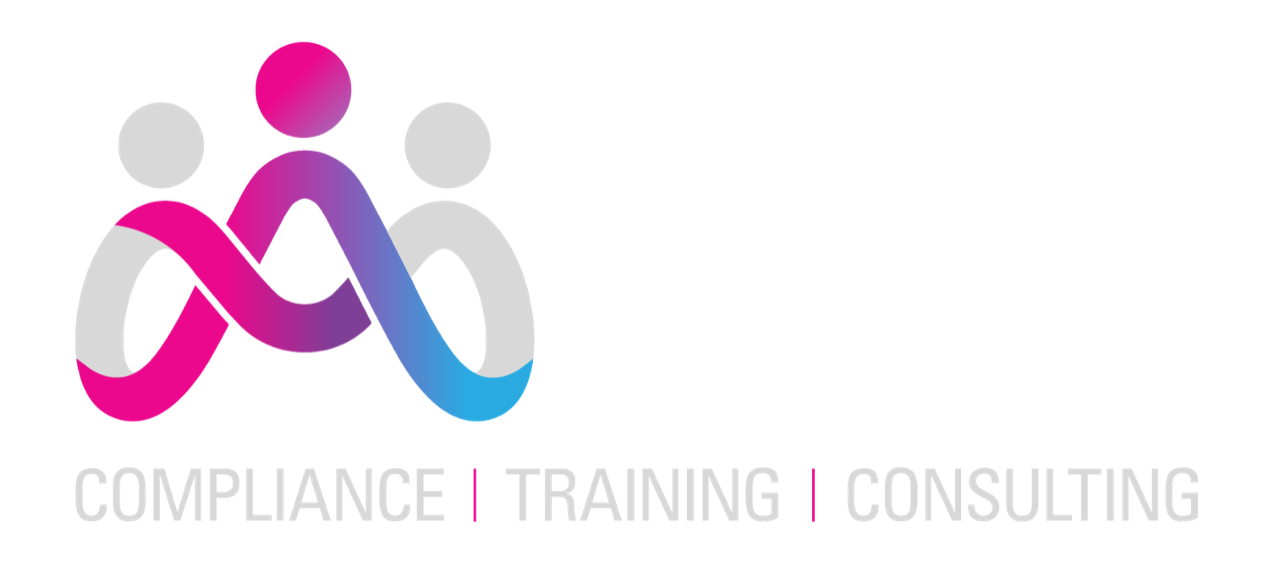The Data Guardian
Understanding POPIA
In today’s digital age, data privacy and protection have become critical issues for organizations worldwide. In South Africa, the Protection of Personal Information Act (POPIA) was enacted to safeguard personal information and ensure that it is processed responsibly. Central to the successful implementation of POPIA is the role of the Information Officer. This blog explores the duties, responsibilities, and significance of an Information Officer under POPIA, providing insights into how they help organizations navigate the complex landscape of data protection
Before delving into the role of the Information Officer, it is essential to understand the core objectives of POPIA. Enacted in 2013, POPIA aims to:
- Promote the protection of personal information processed by public and private bodies.
- Establish minimum requirements for the processing of personal information.
- Provide individuals with rights and remedies in relation to their personal information.
- Regulate the flow of personal information across borders.
POPIA mandates that all organizations appoint an Information Officer to oversee and ensure compliance with the Act.
Who is an Information Officer?
An Information Officer is typically a high-ranking individual within an organization, often the CEO or a designated employee, tasked with ensuring the organization’s adherence to POPIA. The role can be further delegated to Deputy Information Officers to manage specific functions and responsibilities. This applies to both the big and small organisations (private and public bodies).
Key Responsibilities of an Information Officer
Ensuring Compliance
The primary responsibility of an Information Officer is to ensure that the organization complies with POPIA. This includes:
- Developing and implementing policies and procedures to safeguard personal information.
- Monitoring compliance with data protection policies and practices.
- Conducting regular audits to assess compliance and identify areas for improvement.
Training and Awareness
An Information Officer must ensure that all employees are aware of their responsibilities under POPIA. This involves:
Conducting training sessions to educate staff about data protection principles.
Creating awareness campaigns to reinforce the importance of protecting personal information.
Managing Data Subject Requests
POPIA grants individuals the right to access, correct, and delete their personal information. The Information Officer is responsible for:
- Handling data subject access requests promptly and efficiently.
- Ensuring that procedures are in place to respond to these requests within the stipulated timeframes.
The Data Guardian
Reporting Data Breaches
In the event of a data breach, the Information Officer must:
- Notify the Information Regulator and affected individuals without undue delay.
- Implement measures to mitigate the impact of the breach and prevent future occurrences.
Liaising with the Information Regulator
The Information Officer acts as the primary point of contact between the organization and the Information Regulator. This includes:
- Communicating with the Regulator on matters related to data protection.
- Submitting mandatory reports and notifications as required by POPIA.
Challenges Faced by Information Officers
While the role of an Information Officer is crucial, it comes with its own set of challenges, such as:
- Keeping up with evolving regulations and ensuring that the organization remains compliant.
- Balancing data protection requirements with business operations and objectives.
- Managing data breaches effectively and minimizing reputational damage.
Conclusion
The role of an Information Officer under POPIA is vital in ensuring that organizations in South Africa protect personal information and comply with data protection laws.
By implementing robust data protection policies, training employees, managing data subject requests, and liaising with the Information Regulator, Information Officers play a pivotal role in fostering a culture of data privacy and security.
As data protection becomes increasingly important, the role of the Information Officer will continue to evolve, highlighting the need for ongoing education and adaptation to new challenges.
Understanding and embracing this role is not just about compliance, but about building trust with stakeholders and demonstrating a commitment to safeguarding personal information in an increasingly digital world.
We assist with registration of your information officer with the Information Regulator and training on key responsibilities for your information officer.
